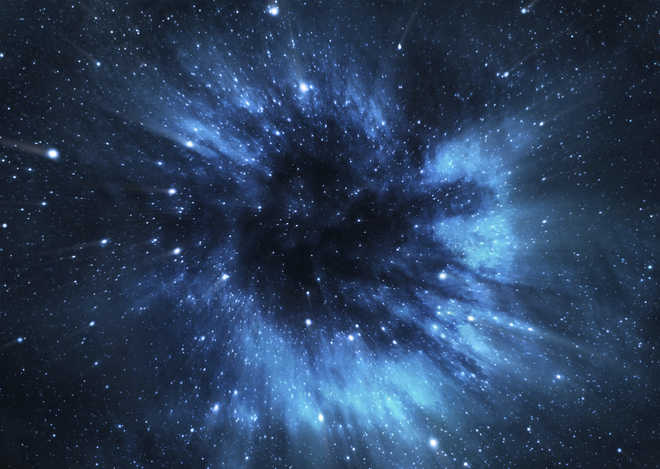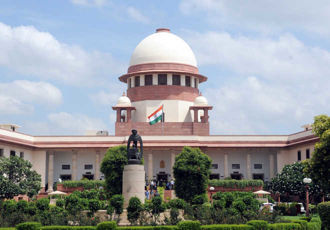
For representation only. Photo source: Thinkstock
Washington
Scientists have yet again detected gravitational waves — ripples in the fabric of space and time — produced by the merger of two light black holes about a billion light-years away from the Earth.
The waves were produced by the merger of black holes seven and 12 times the mass of the Sun, and left behind a final black hole 18 times the mass of the Sun.
This means that energy equivalent to about one solar mass was emitted as gravitational waves during the collision.
This event, detected by detectors on June 8 this year, was actually the second binary black hole merger observed during Laser Interferometer Gravitational-Wave Observatory (LIGO)'s second observation run since being upgraded in a programme called Advanced LIGO.
However, its announcement was delayed due to the time required to understand two other discoveries: a three-detector observation of gravitational waves from another binary black hole merger on August 14, and the first-ever detection of a binary neutron star merger in light and gravitational waves on August 17.
GW170608 is the lightest black hole binary that LIGO and Virgo detectors have observed — and so is one of the first cases where black holes detected through gravitational waves have masses similar to black holes detected indirectly via electromagnetic radiation, such as X-rays.
This discovery will enable astronomers to compare the properties of black holes gleaned from gravitational wave observations with those of similar-mass black holes previously only detected with X-ray studies, and fills in a missing link between the two classes of black hole observations.
Despite their relatively diminutive size, GW170608's black holes will greatly contribute to the growing field of "multimessenger astronomy," where gravitational wave astronomers and electromagnetic astronomers work together to learn more about these exotic and mysterious objects.
The LIGO and Virgo detectors are currently offline for further upgrades to improve sensitivity.
Scientists expect to launch a new observing run next year, though there will be occasional test runs during which detections may occur. PTI


























